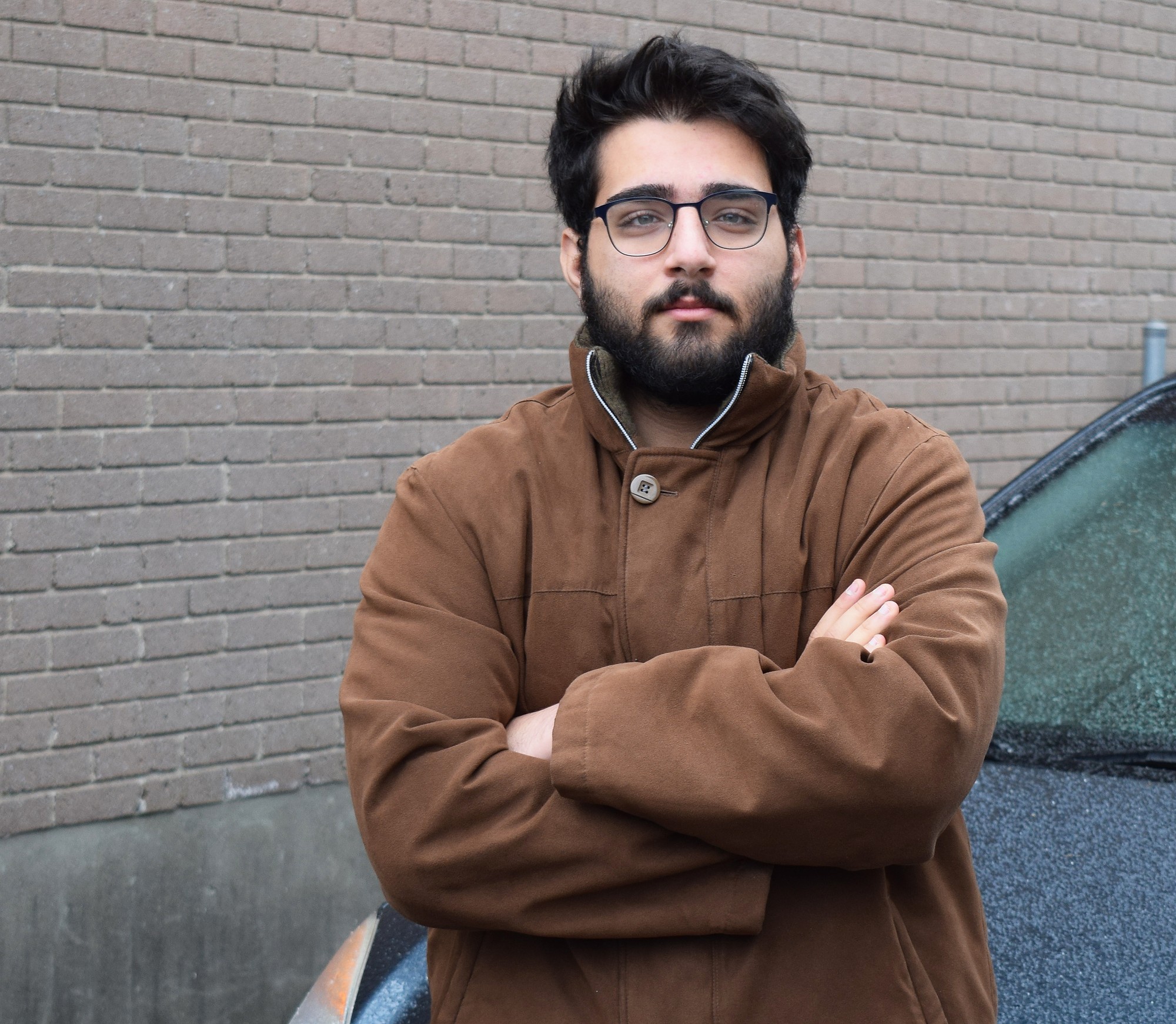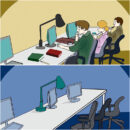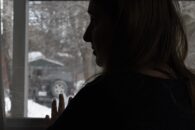When the COVID-19 pandemic arrived in March, many Canadians were picked up with the launch of CERB. But for students, the financial response took much longer.
Unlike CERB, the CESB didn’t begin until May 15th.
Gihad El-Aswad, 20, is a second-year criminology student at Carleton University who works in the summer as a program coordinator for the Youth in Policing Initiative hosted by the Ottawa Police Services. This summer it came with more responsibilities.
“This past summer I had the pleasure of being one of four coordinators for the Youth in Policing initiative with the Ottawa Police Service,” says El-Aswad. “It affected the job greatly given strict COVID-19 precautions were set in place to ensure the health and safety of all students and staff.”
While he did have something to look forward to, the rigorous cleaning and safety aspects were things he and his colleagues had no choice but to take into account.
“It gave us the opportunity to really think outside the box in terms of how we can run an effectively educational program with the current conditions at the moment,” he says. “Adapting to these duties was a challenge given how unprecedented the circumstances were, which made it a more fulfilling experience given how spectacular the program went.”
While the program does have its differences from last time, he is still grateful for the experience.
“One thing I’d take away from the experience with YIPI is how gratifying it was to be outside of my house and working,” he says. “That was my first experience being out in public since the start of the pandemic and it definitely gave me the confidence to pursue other opportunities outside the new comfort zone.”
But as the winter months roll in and cases start to spike, finding employment can be difficult for anyone.
Gihad has been lucky enough to secure a job, but knows that it doesn’t coincide with his field of study for the time being.
“It is difficult to find employment or volunteer work related to my degree right now as a part-timer because the course load has been hectic,” he says. “I’ve found myself having to go back to working a part-time retail job in order to pay my bills. While it is not the experience I was aiming for, it is still valuable experience where I can build my communication skills with people and have some sense of social interaction in a time of social distancing.”
Government aid has ended for most students too, with the exception of CERB recipients now being transferred to Employment Insurance (EI).
But to Gihad, the government should think about going in a different direction in terms of helping with financial struggles – larger OSAP grants for students.
“The course load seems heavier, making it difficult for students to find employment that does not impede on their academic growth,” says El-Aswad. “This is exceptionally difficult for students who are financially independent and live off the OSAP grants they are given every year. I believe the Government of Canada can help ease the stress of students by providing accessible grants for students in need of funds.”
It isn’t only Gihad who got sidetracked by COVID-19..
O’Dane Clarke, 20, biomedical and electrical engineering student at Carleton University did too.
He was fortunate to find a job in the Government of Canada relating to his field, a patent examiner, and his position remained available after the lockdowns began.
“I signed my contract before we went into lockdown so I was about to retain my position while a few of my friends had lost theirs,” explains Clarke. “The only major effect it had was delaying my start date by a month cause IT was severely behind getting all essential workers set up with telework.”
For Clarke, the transition was something he never experienced before.
“I was able to adapt really fast to telework since the nature of my work is all done on the computer,” he says. “The only big change was not being able to go to the office, attending virtual meetings, and making sure work environment is separate from home environment.”
Similar to Gihad, the message O’Dane wants to bring across is much of what we’ve heard from other folks during the challenging times.
“One thing I can take away from this experience is that no matter how superior our species is, we can easily be wiped out by something as small as a virus if we’re not careful,” explains Clarke. “This virus has taken too many lives and crippled what we used to call ‘normal’.”
If there’s one thing that’s clear here is that these two students are probably just a few of the many that have faced situations similar to this in the summer.
The pandemic shows that it doesn’t care what position you’re in, if it wants to ruin things for people, it has no problem doing so.
*Full disclosure, the reporter went to elementary school with Gihad El-Aswad and to high school with O’Dane Clarke.



